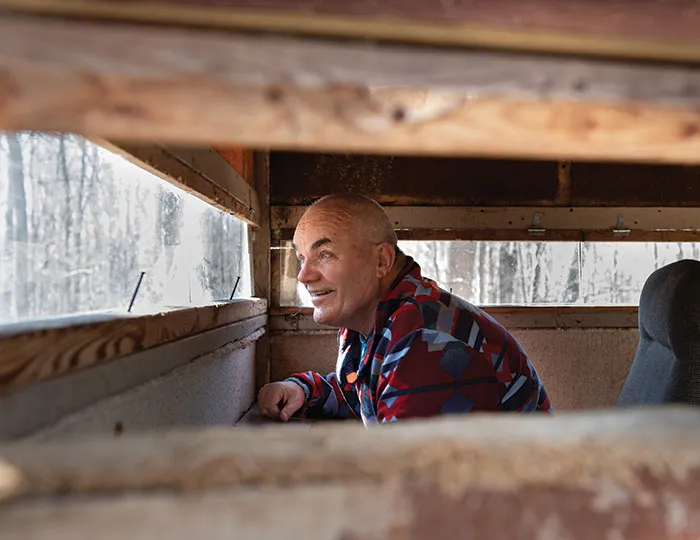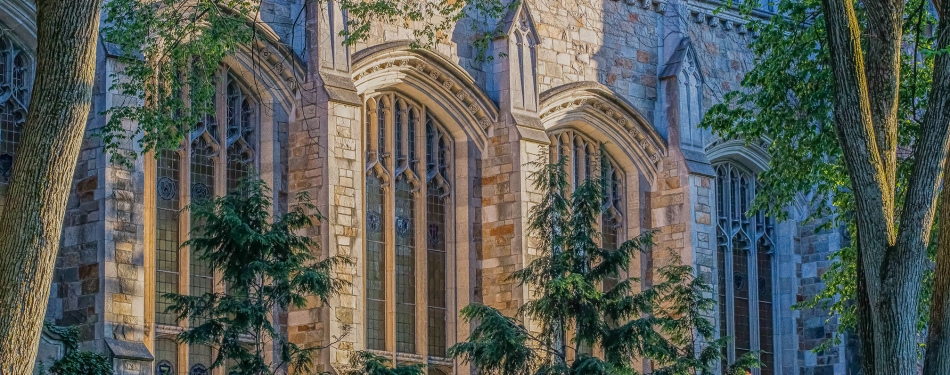The Michigan Innocence Clinic program is an organization that works to exonerate individuals who are wrongfully convicted of crimes. Additionally, the Innocence Clinic advocates for criminal justice reforms to prevent wrongful convictions in the future. Since the clinic does not use DNA evidence to absolve convicts, it takes on a more personal, yet objective approach to free its clients. This involves discussion with witnesses, visiting crime scenes, and submitting Freedom of Information Act (FOIA) requests.
Student attorneys and faculty get to meet the individuals they helped exonerate after even 20 or 30 years of prison. Since the establishment of the Innocence Clinic in 2009, 45 cases have been successfully concluded.
One of the clinic’s most recent exonerees, Jeff Titus, was wrongfully convicted of murdering two men in November 1990 in Kalamazoo County, Michigan. Titus was sentenced to life in prison in 2002 and it wasn’t until 2020 that new evidence proved his innocence. The Innocence Clinic played a key role in discovering and presenting this evidence to the Michigan Attorney General’s Office. On June 1, 2023, all charges against Titus were dismissed.

After being exonerated and released from prison, many individuals struggle with financial reentry into society. These exonerated individuals do not receive funding from the government upon their release, causing a severe hindrance to their success. To combat this issue, co-founder of the Michigan Innocence Clinic, David Moran, created a special fund for these exonerees.
The Michigan Innocence Clinic provides many opportunities for student involvement. Michigan Law students can become a summer intern or apply to take the course as credit during the academic year. According to Co-Director of the Michigan Innocence Clinic, Imran Syed, it’s incredibly easy, or easier than people think, to be wrongfully convicted.
“As far as meaningful experiences go, relieving someone from a wrongful conviction is an amazing feeling. I first did this in 2012 when a person was released from prison for a crime he didn’t commit,” stated Syed.
“We’ve had a total of 45 victories since being founded in 2009.”
– Imran Syed
Syed first became involved in the clinic as a law student in the fall of 2009 and, after working for two years as a student, became a fellow at the clinic.
In 2017, the American Bar Association named Syed one of the Top 40 Young Lawyers in the country; in 2016, the State Bar of Michigan recognized him with the Regeana Myrick Outstanding Young Lawyer of the Year Award.
The clinic distinguishes itself as a non-DNA evidence clinic. Syed explained that during the clinic’s establishment, other innocence clinics across the country were all doing DNA work, but as important as that is, most cases don’t have DNA evidence. Since many cases were dismissed by other clinics that specialized in DNA evidence, there existed a need for a non-DNA-focused clinic. At times, forensic science can be misleading, resulting in unlawful convictions.
“We often have forensic evidence in the court, but what we’ve learned over the decades [is] there are forensic matchings that are not real and not scientifically based. When DNA became a forensic technique starting in 1989, DNA testing revealed that previously used forensic techniques like bite mark analysis and hair comparison were not actually very reliable. We often collaborate with the Cooley Innocence Project.”
The line between DNA and non-DNA cases is blurred, so we must take a holistic approach utilizing forensic science, witnesses, and other evidence.
Finding clients is not hard, but processing their applications can be tedious. Because the Michigan Innocence Clinic provides pro-bono service to its clients, it attracts high attention from those wishing to avoid the high expenses of a prolonged appeal process. Word of mouth caused a flood of applications to the clinic. “People write requests for help, then they fill out an application, it goes in for review, and we have to ask for more information, ” explained Syed.
The University of Michigan provides several high-quality opportunities for pre-law students at both the undergraduate and law school levels. Undergraduates wishing to cut their teeth on criminal defense cases while making an impact in their community should consider joining the Michigan Innocence Club. There are also other innocence projects throughout the country that take summer interns. Washtenaw County even has a conviction integrity unit that takes undergraduate volunteers.
